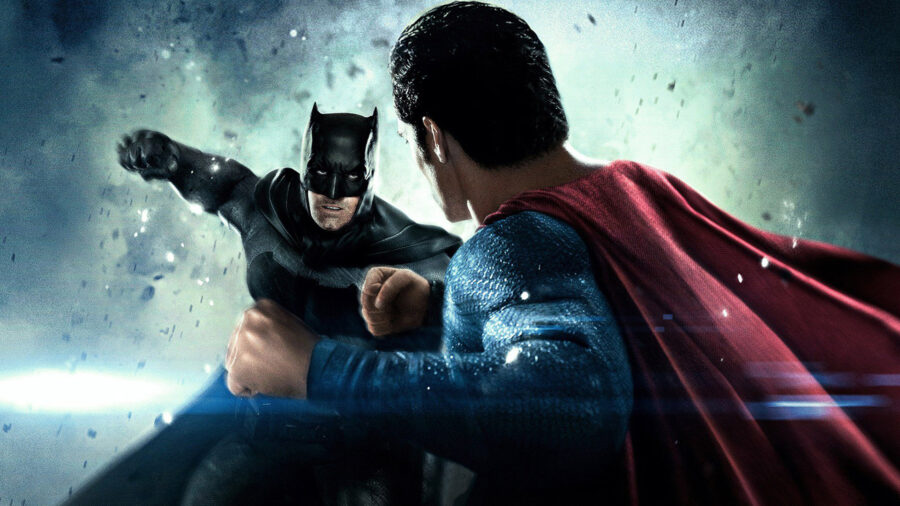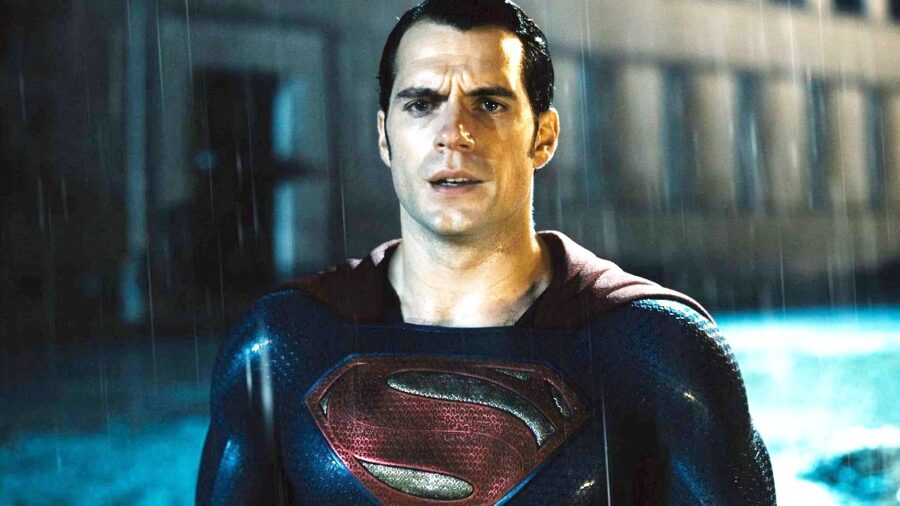Superman Always Wins Because It Was The Only Way For DC Comics To Avoid Prosecution
In 1954 Congress enacted the Comics Code Authority, which made it illegal for Superman to lose in a fight, as well as other crazy restrictions.

Have you ever noticed how Superman always seems to win in the comic books? No matter how strong or clever his opponent is, he always emerges victorious in the end. While this kind of happy ending is what most people are looking for in a superhero tale, not many people know what CBR is reporting now: the Comics Code Authority once made it mandatory that every story ends with the hero as the winner, no exceptions.
In 1954, an “anti-comics hysteria” was gripping the nation thanks to a book called Seduction of the Innocent by Fredric Wertham, which basically said that comic books were corrupting the youth. The public was actually so worked up about this that there was a Congressional hearing about whether or not comic books should even be legal.
DC, the company responsible for Superman, Wonder Woman, Aquaman, and many, many others, was one of several publishers (including Marvel) that agreed to self-regulation by what came to be known as the Comics Code Authority, or the CCA. The CCA came up with a list of requirements for comic books that was, to put it mildly, pretty restrictive. This was meant to tone down the gore and the violence in the comic books, but in the end, it pretty much just amounted to censorship of anything that wasn’t chaste and “nice.”
Imagine a stereotypical “Karen” deciding what you could or couldn’t put in your comic book. Yeah, not fun.
To be clear: the CCA could not legally stop comic books that didn’t follow its code from being published, but without following their rules, the CCA would decline to give the comic its “Approved by the Comics Code Authority” seal. Not wanting to get in trouble with angry parents, many business owners refused to carry comics without the seal. So while the CCA didn’t have the power to physically stop non-compliant comics from being published, they may as well have.
The CCA slowly relaxed its rules over the following decades and was totally done away with in 2011. But before it was, they made a lot of weird changes to comic books that sound just ridiculous to us today. For one thing, the words “terror,” “weird,” and “horror” were totally banned from titles.
This didn’t really affect Superman, but series like Vault of Horror and Weird Fantasy were out of luck. This led to some of them being canceled or, in many cases, the publishing house that produced them being forced to shut down altogether.

On a related note, there were no werewolves, zombies, or vampires allowed either, not even if they were villains fighting a hero like Superman. Dismembered bodies and other “gruesome” things had to go too, as did any references to drugs or explicit sex scenes.
Perhaps most troubling by today’s standards, though, is that there had to be a very clear divide between good and evil. There could be no “anti-heroes” and no criminals who maybe had a good reason for doing what they were doing. There could be no corrupt cops either, as law enforcement represented “the good guys,” period.
So, back then, there could have been no story like in Batman v. Superman in which the Man of Steel went bad – albeit temporarily.
Moral ambiguity is very “in” right now, so it is hard for us to imagine that there was once a rule that the difference between good and evil had to be very black and white. The CCA even went so far as to prohibit any plot twists that saw the villain tricking a hero like Superman, because the bad guys were not supposed to be smart or cool enough to outsmart the good guys.
If you think this all sounds very 1984, you aren’t the only one. Which is probably why the CCA’s power was gradually reduced until it went away entirely, freeing up Superman and all the other superheroes to be more realistically flawed, just like us mere mortals.












